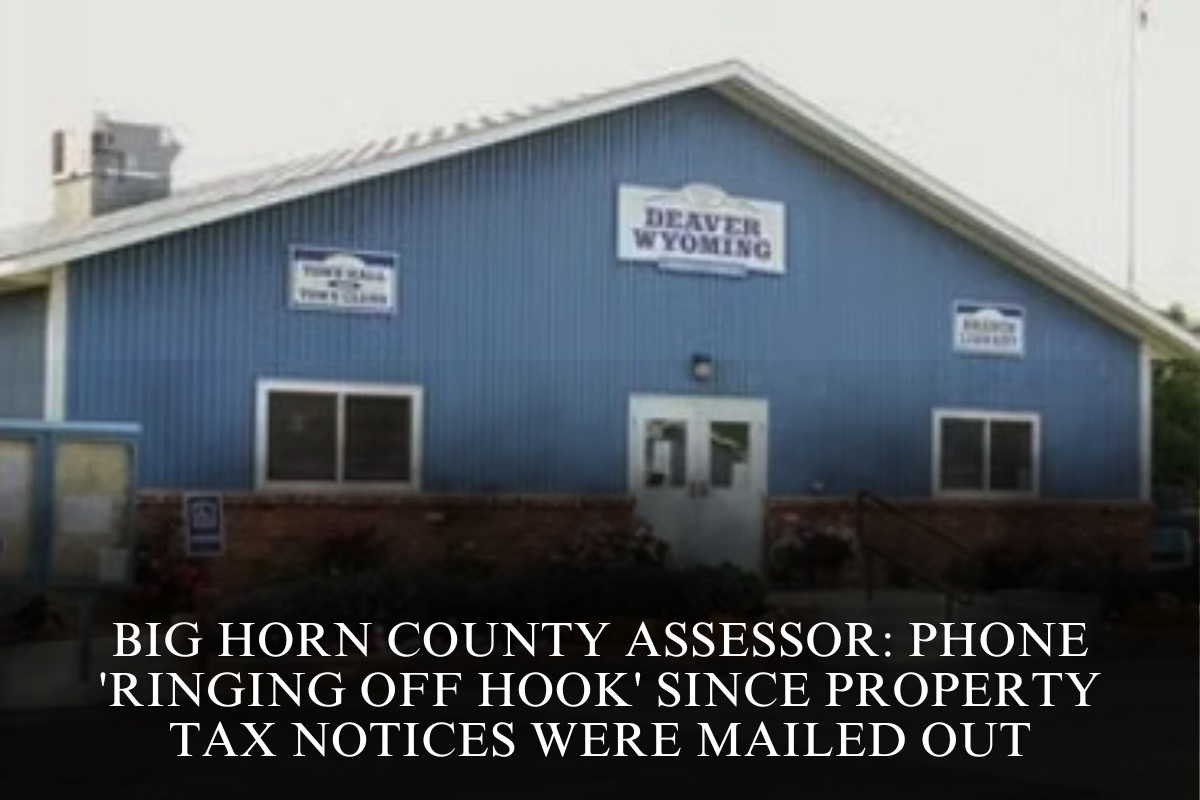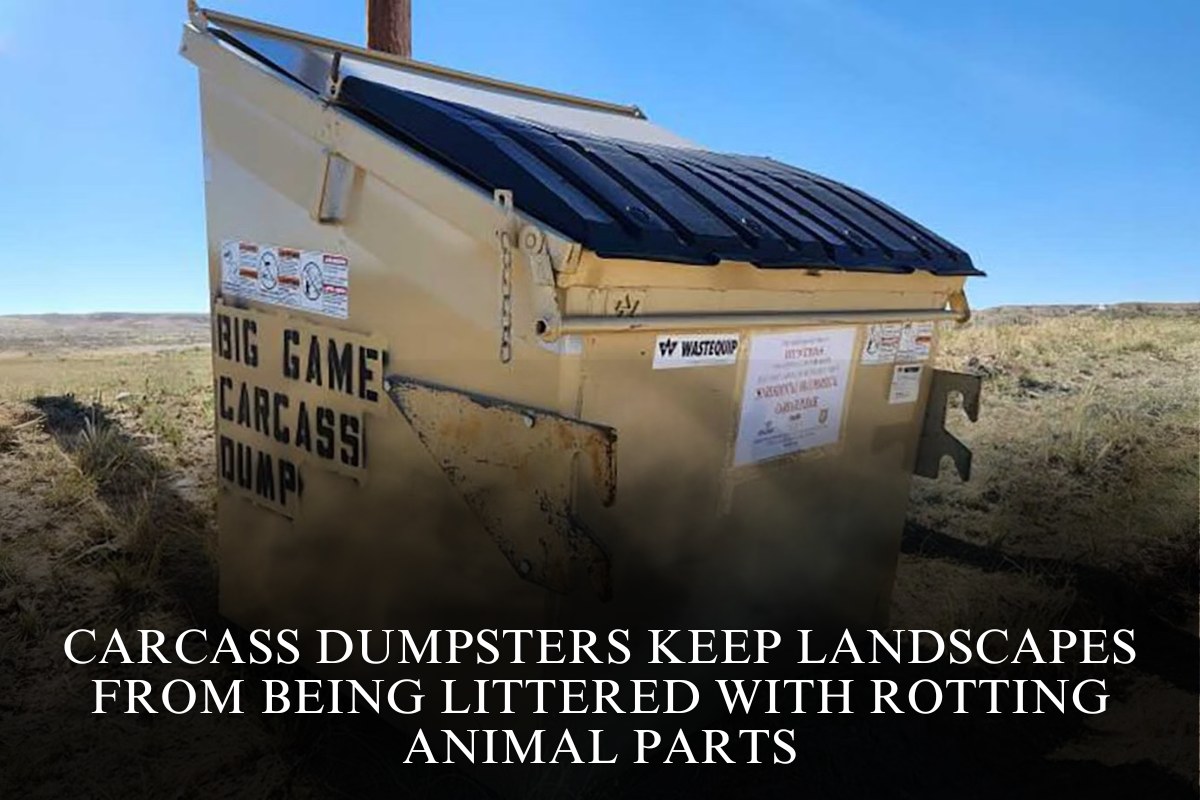A Republican state lawmaker intends to reintroduce a bill next year that, if passed, would prevent Wyoming from paying for junk food with grocery welfare funds.
State Rep. Jacob Wasserburger, R-Cheyenne, confirmed Tuesday to Cowboy State Daily that he intends to reintroduce a version of this year’s House Bill 323.
It would have required the Wyoming Department of Family Services’ director to apply for a federal waiver so that federal funds used for Wyoming’s Supplemental Nutrition Assistance Program (SNAP) for low-income families could not be spent on candy or soft drinks.
Wasserburger introduced that bill into the 2025 legislative session earlier this year, but it died when the Senate Agriculture Committee failed to advance it by a critical deadline.
SNAP provides food assistance through EBT cards to low-income households earning less than 130% of the federal poverty line, which is $3,380 per month for a family of four.
According to a Wyoming Department of Family Services presentation given Monday to the Labor, Health, and Social Services Committee in Casper, it now serves 16,573 adults and 13,094 children, or approximately 14,000 households per month.
Each household receives an average monthly benefit of $383.
According to the presentation, the federal government contributes approximately $6.716 million in administrative costs each year, which the state matches.
DFS Economic Security Programs Administrator Corrine Livers told the committee that the food benefits, which total nearly $64.55 million per year, are entirely federally funded and go directly to the family’s EBT card.
That Junk Food
Rep. Joel Guggenmos, R-Riverton, raised the question: “We have a problem in America with the definition of food and what it is. Can you buy virtually anything — candy, pop — stuff we know and (have) proof it’s junk, it’s not good for you?”
Yes, Livers responded, if it bears a food label, families can purchase it as food at EBT-accepting retailers.
Some states have requested waivers from the federal SNAP program, and Wyoming’s DFS is “watching to see how they’ve worked out the logistical part of it,” she said.
Jeff Daugherty later lobbied the committee on behalf of the Foundation for Government Accountability to work toward a waiver through legislation. He also expressed optimism about his talks with Gov. Mark Gordon’s office.
Gordon can also seek a waiver from the executive branch, according to committee testimony.
He pointed out that obesity rates in Wyoming and the United States have increased in recent decades.
Obesity rates in the United States have tripled over the past 60 years, according to USAfacts.org.
“We were actually leading the nation in the area of SNAP reform when (Wasserburger) ran the bill,” said the senator. Since then, other states have taken up the mission, leaving Wyoming behind, he said.
The Trump administration earlier this month granted unhealthy food waivers to three red states: Arkansas, Idaho, and Utah.
In May, the United States Department of Agriculture granted SNAP waivers to Indiana, Iowa, and Nebraska. Food Business News reports that other states have requested or are considering SNAP waivers. These include Colorado, Kansas, Louisiana, Montana, Tennessee, Texas, and West Virginia.
Daugherty said Colorado’s inclusion demonstrates that this is a bipartisan issue.
And yet
Livers noted that the state would be responsible for enforcing the SNAP reform.
That gave Rep. Mike Yin, a Democrat from Jackson, pause.
“Where does the bureaucratic burden lie?” he asked Daugherty. “On the private industry to update their systems so they have to filter everything, or on the state to check every purchase (and police that)?”
Daugherty stated that EBT systems already filter out certain items.
In a later text to Cowboy State Daily, Yin stated, “I’m not a fan of more bureaucracy to ensure that people can feed their families. Let us help families, not control them.”
The committee may revisit this issue at subsequent interim meetings. The state’s legislative session begins on February 9.












